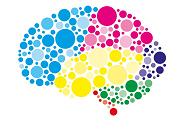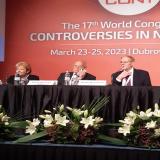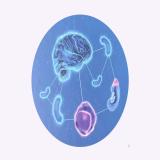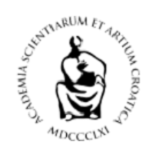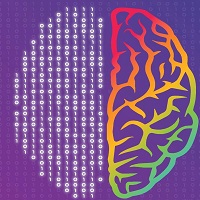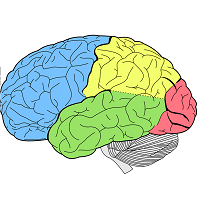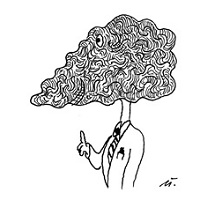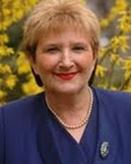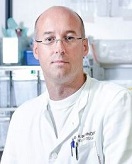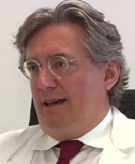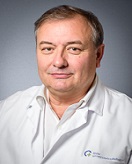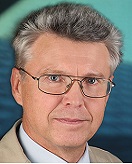ACTIVITIES
Provides a variety of perspectives on the impact of mind-brain interaction and consequences on human health.
An emphasis is put on the importance of widening perspectives and acquiring current neuroscientific data.
Presents interconnection of mind and brain through topics such as art, new technologies and clinical experiences.
It is with honor and delight to anounce our new EDITOR EMERITUS. Our longstanding editor in chief professor Marko Pećina, after number of years of successful leading of our journal, has been elected to the new position EDITOR EMERITUS.
We are proud to announce our new EDITOR IN CHIEF professor Vida Demarin, successfully working as deputy editor during number of years.
Professor Bojan Jelaković has become DEPUTY EDITOR
During many years under professor Pećina's leadership, our journal has developed to a highly respectable journal, offering to estimated readers as well as to authors, a vivid, international scientific platform for interchange of ideas and research results and for its clinical translation.
With sincere pleasure and devotion we will continue this inspiring work of promoting and sharing knowledge and interchange of ideas and results on the path of science and humanity.
The 62nd International Neuropsychiatric Congress (INPC) is to be held in Pula, Croatia, from Way 18th-21st, co-organized by the Department of Medical Sciences of the Croatian Academy of Sciences and Arts together with the International Institute for Brain Health, with the support of the World Federation of Neurologists (WFN) and the European Academy of Neurology (EAN). The president of the Congress is academician Vida Demarin. The lecturers are eminent experts from the country and abroad, experts each in their own field of research.
The traditional Summer Stroke School is being held this year at the Interuniversity Center in Dubrovnik. The 33rd Summer Stroke School is organized by the Croatian Stroke Society, the World Stroke Organization (WSO), the European Stroke Organization (ESO) and the International Institute for Brain Health.
IMPORTANT UPDATE: The traditional International Neuropsychiatric Pula Congress, entitled Mind & Brain - 60th INPC is postponed due to the COVID-19 pandemic. The MIND & BRAIN - 60th International Neuropsychiatric Congress will be held next year from May 27th -30th, 2021.
The main goals of the Croatian Stroke Society (CSS) are to prevent stroke in high-risk patients and to improve the diagnosis, treatment and rehabilitation of stroke patients, based on the latest developments in medical science.



